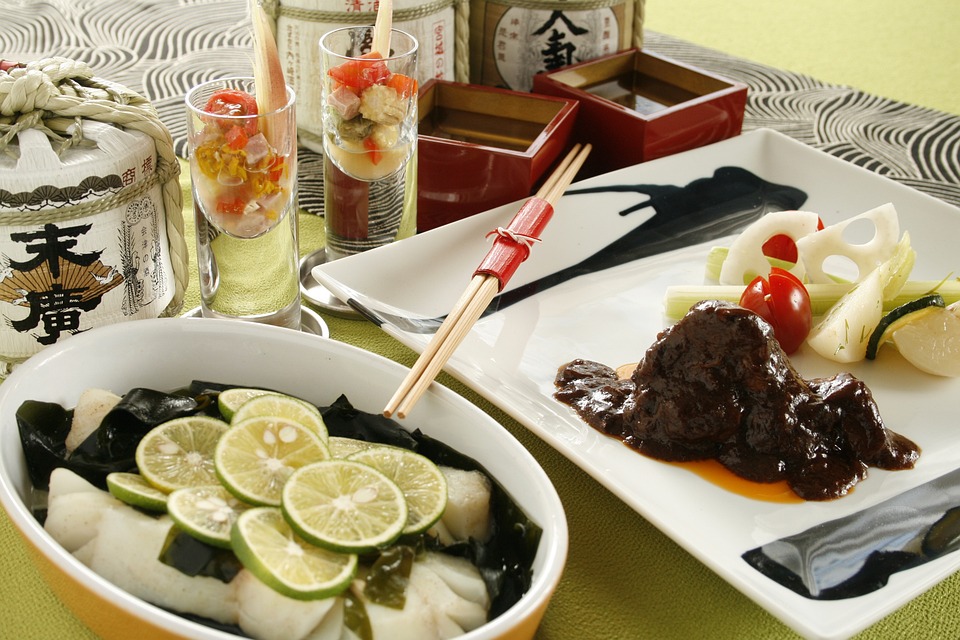[ad_1]
Sake, a traditional Japanese alcoholic beverage made from fermented rice, has been consumed for centuries and is an integral part of Japanese culture. While it’s often enjoyed for its unique flavor profile and cultural significance, sake also offers a range of potential health benefits when consumed in moderation. In this article, we’ll explore some of the potential health benefits of drinking sake.
Rich in Antioxidants
Sake is rich in antioxidants, particularly a type called polyphenols. These antioxidants can help protect the body from oxidative stress and damage caused by free radicals. Studies have shown that moderate consumption of sake may help reduce the risk of various chronic diseases, including heart disease, cancer, and diabetes.
Promotes Heart Health
Research suggests that moderate alcohol consumption, including sake, may have a protective effect on heart health. Some studies have found that moderate sake consumption can help increase levels of HDL (good) cholesterol and reduce the risk of heart disease. Additionally, the polyphenols found in sake may also help improve blood vessel function and reduce inflammation, further supporting heart health.
Potential Anti-Inflammatory Effects
Sake contains a compound called ferulic acid, which has been shown to have anti-inflammatory properties. Inflammation is a natural immune response, but chronic inflammation is linked to a range of health issues, including heart disease, arthritis, and autoimmune disorders. The ferulic acid in sake may help reduce inflammation in the body, potentially offering some protective benefits against these conditions.
Bone Health Benefits
Recent studies have suggested that moderate alcohol consumption may be associated with higher bone mineral density, reducing the risk of osteoporosis. While more research is needed to fully understand the mechanisms behind this association, some scientists believe that the phytoestrogens found in sake may contribute to improved bone density and overall bone health.
Promotes Relaxation and Stress Reduction
Historically, sake has been associated with relaxation and socializing in Japanese culture. When consumed in moderation, sake may help reduce stress and promote relaxation. This is due in part to the alcohol content, which can induce a sense of calm and wellbeing. Additionally, the amino acids present in sake may also contribute to its potential stress-reducing effects.
Conclusion
While sake can offer some potential health benefits when consumed in moderation, it’s important to note that excessive alcohol consumption can have detrimental effects on health. It’s recommended to enjoy sake in moderation as part of a balanced lifestyle, and to always consult with a healthcare professional before making any significant changes to your diet or alcohol consumption.
FAQs
Is sake gluten-free?
Traditional sake is made from rice, and is naturally gluten-free. However, some modern varieties of sake may include additional ingredients that contain gluten, so it’s important to check the label if you have a gluten sensitivity or allergy.
How much sake is safe to drink?
It’s generally recommended to consume alcohol in moderation, which for most adults means up to one drink per day for women and up to two drinks per day for men. It’s important to be mindful of your individual tolerance and health status when consuming sake or any other alcoholic beverage.
Can sake be enjoyed warm or cold?
Yes, sake can be enjoyed warm or cold, depending on personal preference and the type of sake being consumed. Higher quality sakes are often best enjoyed cold, while lower quality sakes or certain varieties may be more enjoyable when slightly warmed.
[ad_2]




Comments